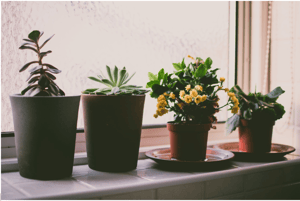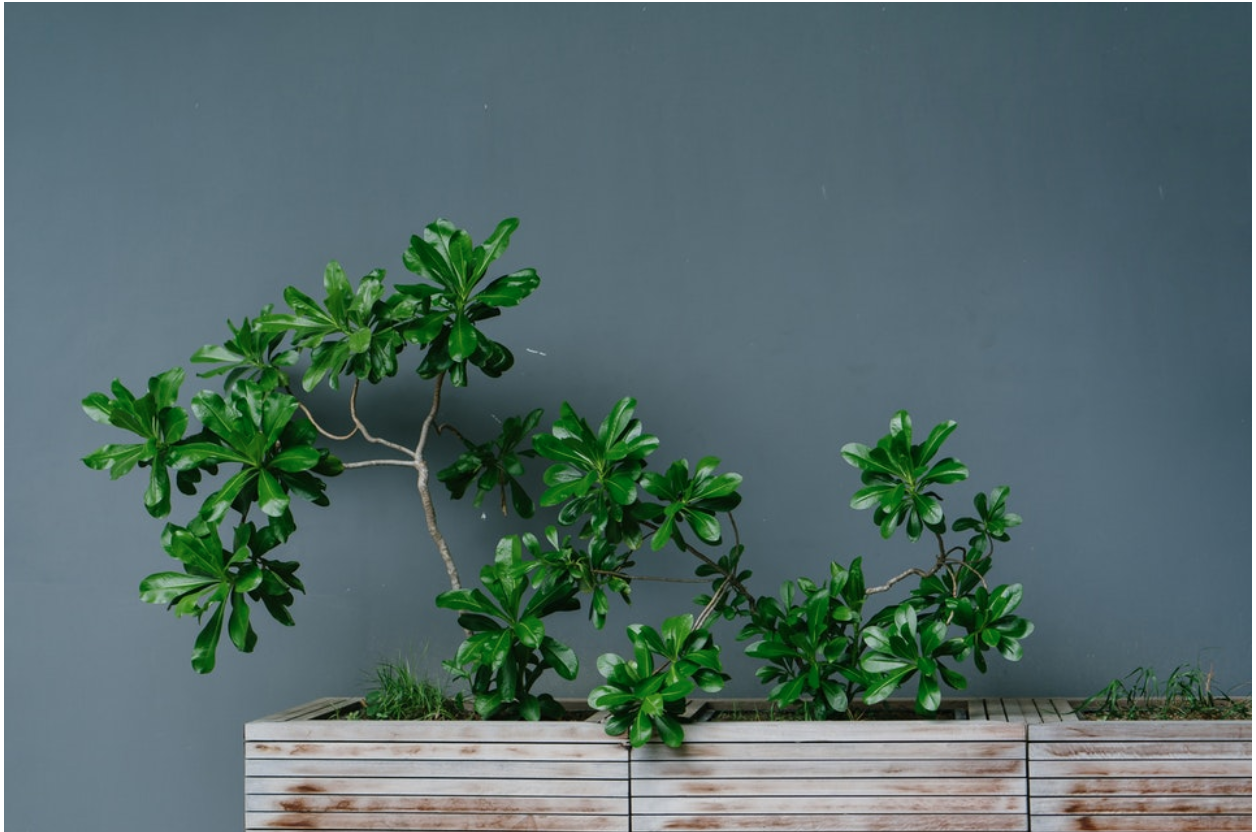 Many find gardening to be among the most rewarding activities in their lives. Afterall, gardening is far more relaxed than other types of lawn care. It doesn’t require an electric grass trimmer or cordless lawn mower, which are yard maintenance tools that require a large amount of time, energy, and exertion.
Many find gardening to be among the most rewarding activities in their lives. Afterall, gardening is far more relaxed than other types of lawn care. It doesn’t require an electric grass trimmer or cordless lawn mower, which are yard maintenance tools that require a large amount of time, energy, and exertion.
Instead, a pair of gloves, shears, and trowel are more than adequate to keep your garden looking its best. If you find gardening to be rewarding, then this is likely to be a hobby you wish you could enjoy year round.
Luckily, you can. Growing houseplants is an easy way to continue gardening during the colder months. It’s also an easy way to make your home more inviting. Studies confirm the presence of houseplants can improve everything from your mood to your overall productivity.
These tips will help you take full advantage of the benefits they offer. To ensure your houseplants thrive all year long, keep them in mind.
Water Less in the Winter
It’s important to consistently check your houseplants’ soil. It should be dry two inches down. This is particularly important in winter, when plants typically need less water. If the soil isn’t dry, water them less frequently, and make sure they’re draining into a pot or similar container.
You also want to be sure the soil isn’t too dry. If it crumbles easily and isn’t at all moist below two inches, water until you notice droplets flowing through the drainage holes at the bottom of the plant.
One helpful tip is to filter your water for the best results. This removes such chemicals and substances as chlorine, which is often found in tap water and can be harmful to houseplants.
Expose Your Plant to Light
Indoor plants still need light to survive. Research yours to determine their exact needs. Move them to different areas of your home based on the sun’s location throughout the day accordingly.
Additionally, make sure your windows are clean, as dusty windows can block sunlight.
Clean Your Plants
Houseplants need to be cleaned from time to time. This is as simple as rubbing them down gently with a rag and warm water. You can also clean houseplants by placing them directly in the shower and gently rinsing them off. Although you may want to clean them regularly, it’s most important to clean plants when you notice pests have targeted them. If you spot dying or dead leaves, prune them as well.
It’s worth noting that dying leaves may be a sign you’re applying too much fertilizer. This can prevent the plant from absorbing water. Again, although it’s always necessary to research your plants’ specific needs, you typically don’t need to apply any fertilizer to houseplants during winter. You can begin fertilizing at half-strength during February. If leaves start to die when you do, adjust fertilizer levels.
Keep Their Environments Moist
Colder months often result in dry indoor air. Guard against the harmful effects this may have on your plants by running a humidifier in their rooms. You can also place them close to each other to further boost humidity.
Remember, gardening doesn’t need to be an activity you only participate in during spring and summer. Tending to houseplants is an enjoyable alternative during other times of year. It’s even more enjoyable when you follow this key advice.

Rae Steinbach
Rae is a graduate of Tufts University with a combined International Relations and Chinese degree. After spending time living and working abroad in China, she returned to NYC to pursue her career and continue curating quality content. Rae is passionate about travel, food, and writing, of course.





